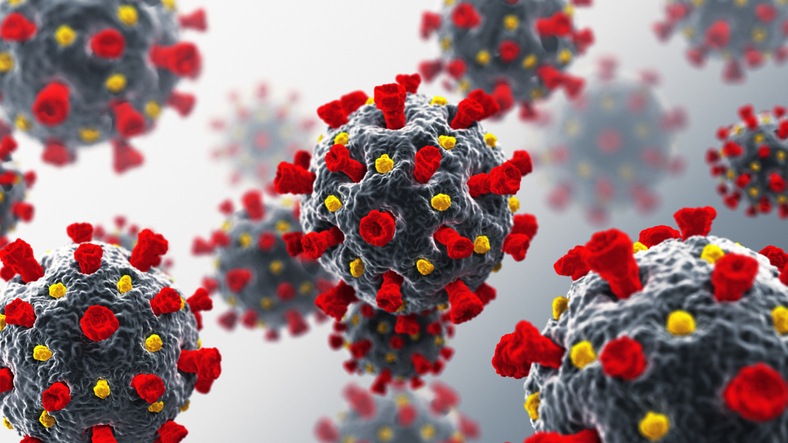
There are few data available to help transplant programs make decisions regarding if, when, and how to safely accept living kidney donors who have recovered from COVID-19. Muhammad Y Jan, MD, and colleagues conducted a study to examine current practices related to accepting organs from living kidney donors who have recovered from COVID-19. Results of the study were reported online in Kidney International Reports [doi.10.1016/j.ekir.2021.05.003].
The study included a survey of transplant programs in the United States from September 3, 2020, through November 3, 2020. Center-level and participant-level responses were analyzed by the researchers.
A total of 174 respondents from 115 unique centers responded to the survey, representing 59% of US living kidney donor programs and 72.4% of 2019 and 72.5% of 2020 living kidney donor volume.
Of the centers responding, 48.6% had received inquiries from living kidney donors who had recovered from COVID-19 and 44.3% were currently evaluating the question. Ninety-eight donors were in the evaluation phase, and 27.8% of the centers had approved 42 donors who had recovered from COVID-19 to proceed with donation. Of the participants, 50.8% said they preferred to wait >3 months; 91% would wait at least 1 month form onset of infection to living donor surgery.
The most common reason for excluding living donors in this population was evidence of COVID-19 related acute kidney injury (59.8%) even if resolved, followed by COVID-19 related pneumonia (28.7%) and hospitalization (21.3%).
The most common concerns related to accepting kidneys from living donors who have recovered from COVID-19 included kidney health post donation (59.2%), risk of transmission to the recipient (55.7%), donor perioperative pulmonary risk (41.4%), and donor pulmonary disk in the future (29.9%).
“Practice patterns for acceptance of COVID-19 recovered living kidney donors showed considerable variability. Ongoing research and consensus building are needed to guide optimal practices to ensure safety of accepting such donors. Long-term close follow-up of such donors is warranted.”

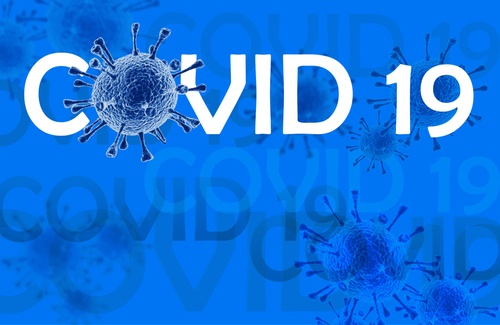
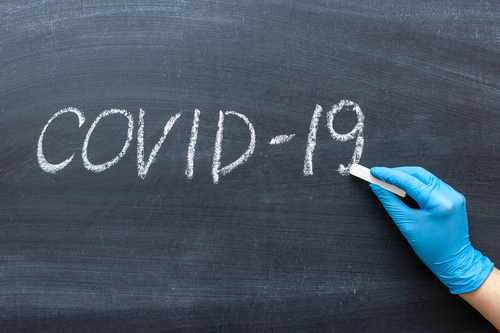
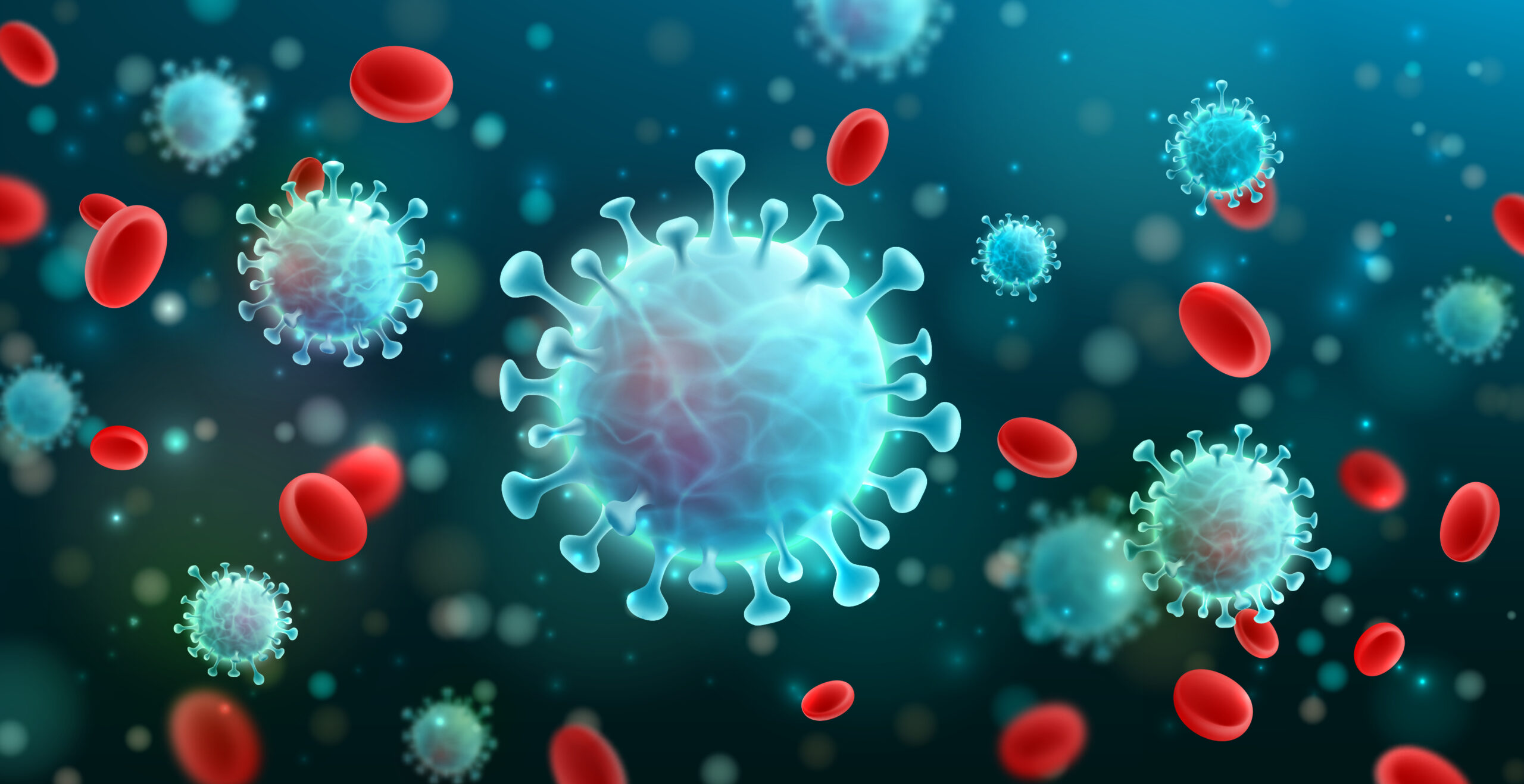
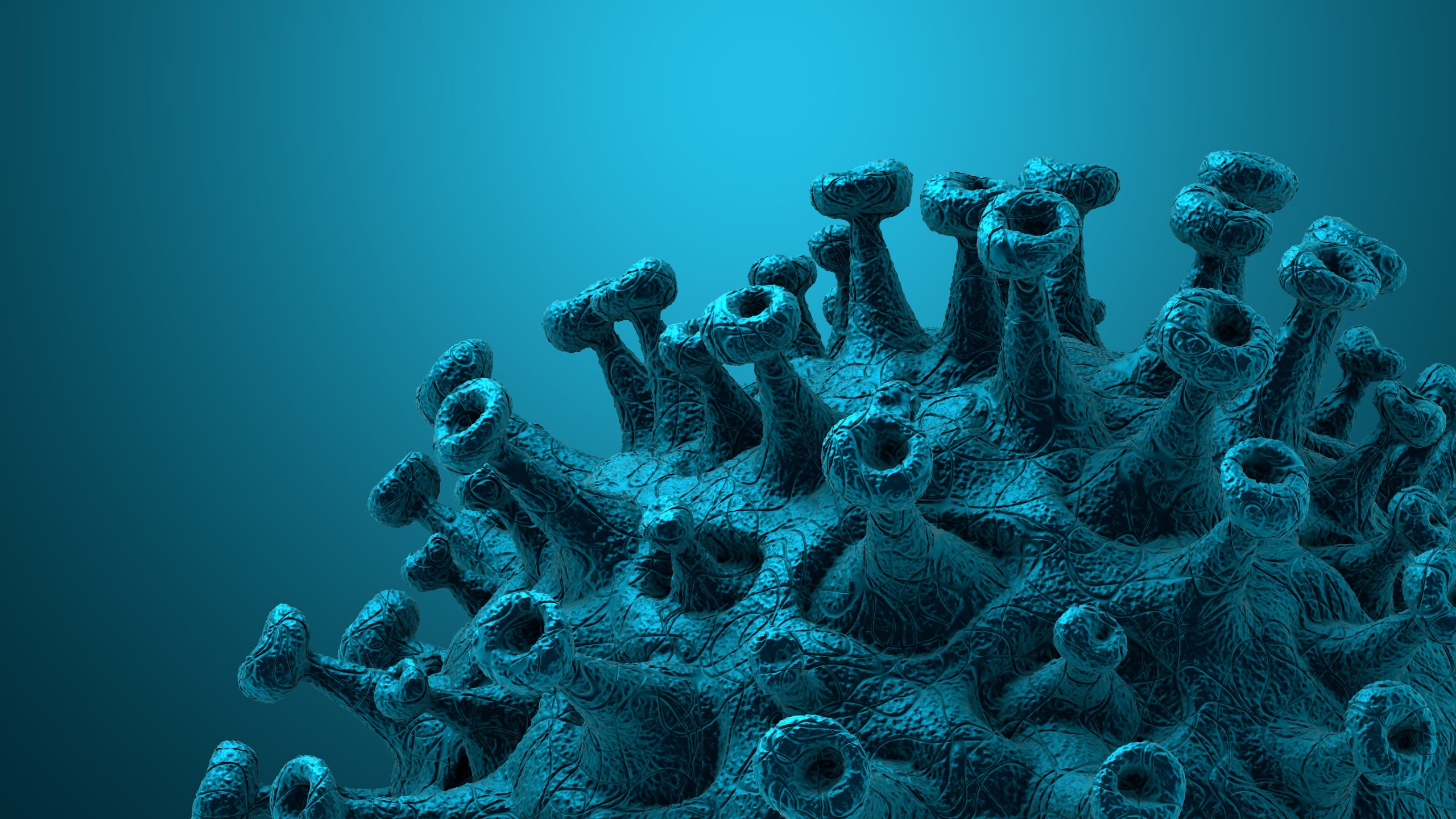

 © 2025 Mashup Media, LLC, a Formedics Property. All Rights Reserved.
© 2025 Mashup Media, LLC, a Formedics Property. All Rights Reserved.